May 28, 2025 | 06:03 GMT +7
May 28, 2025 | 06:03 GMT +7
Hotline: 0913.378.918
May 28, 2025 | 06:03 GMT +7
Hotline: 0913.378.918
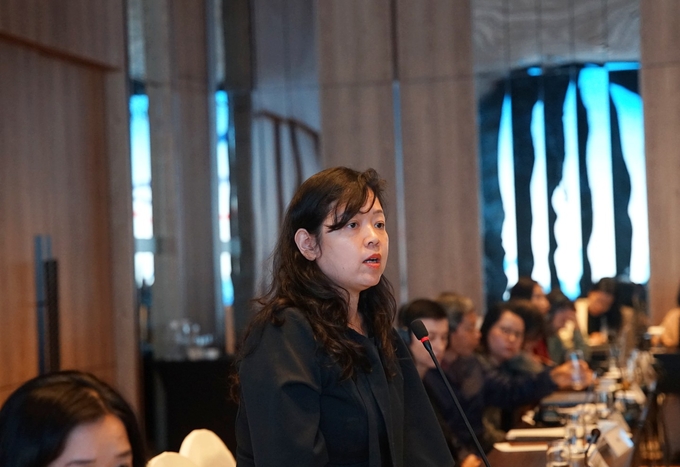
According to a representative from USAID, regulations on intersectoral coordination and funding will need to be added, with a particular emphasis on data sharing and coordination at the local level. Photo: Kieu Chi.
"While central-level policies are relatively well-coordinated, many localities still face limitations," said Ms. Nguyen To Nhu, Director of the USAID project "Enhancing local capacity in disease prevention, surveillance, and response." She added that some provinces, like Dong Nai, have implemented coordinated action plans between veterinary and health sectors. However, in many other areas, information and data are only shared when an outbreak occurs.
Ms. Nhu emphasized that to build an effective intersectoral data-sharing system, there needs to be consensus between the two ministries co-chairing the partnership framework, the Ministry of Health and Ministry of Agriculture and Rural Development. At the same time, an intersectoral rapid response team model must also be established to enhance the ability to respond quickly and effectively.
According to Mr. Nguyen Do Anh Tuan, Director of the International Cooperation Department, the One Health initiative has received significant attention at the central level from researchers and international development partners. However, at the local level, awareness of the initiative is still limited, and its practices have not been implemented uniformly.
The biggest challenge is how to ensure that policies and activities under programs and projects translate into real-life actions, especially for farmers, consumers, and local authorities. To address these issues, there needs to be stronger connection between the central and local levels, while also promoting intersectoral funding, building effective coordination mechanisms, and conducting widespread communications to raise awareness and enhance implementation capabilities at all levels.
According to representatives from the World Bank (WB), the One Health framework needs to focus on addressing issues such as the increasing demand for animal protein, the confinement of wildlife, and climate change, key drivers of zoonotic diseases.
In the context of 2030 being the year for the Sustainable Development Goals (SDGs) assessment, One Health should not just be an initiative, but must become a national priority with stronger legal frameworks than the current Circular 16, to help Vietnam achieve its development goals.
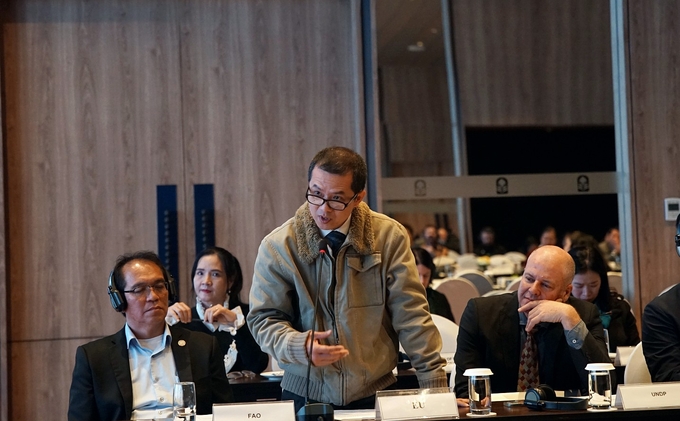
One Health is not just an initiative; it needs to become a national priority to help Vietnam achieve its sustainable development goals. Photo: Kieu Chi.
During the discussion at the One Health High-Level Forum, Mr. Tong Xuan Chinh, Deputy Director of the Department of Livestock, provided an evaluation of the results from domestic and international organizations, which align with the approved framework. However, as the period from 2025-2030 approaches, several proposals need to be considered:
Firstly, international organizations view the transmission of diseases from animals to humans as a crucial issue. It is necessary to clearly identify the sources of pathogens, such as bacteria and viruses, in order to develop technical solutions and effectively assess risks. The collaboration between the Ministries of Health, Agriculture and Rural Development, and Natural Resources and Environment will help build a robust surveillance system and assess the evolution of diseases over different phases, as seen in the case of H5N1 avian flu.
Secondly, coordination efforts are essential, especially in controlling epidemics and ensuring food safety. Therefore, consideration should be given to developing a shared database, digitizing information, and creating useful communication tools so that agencies, international organizations, and sectors can stay updated and take appropriate actions.
Thirdly, the government’s multi-sectoral, interdisciplinary approach and clear orientation on coordination between ministries for the coming period should specify responsibilities and tasks to optimize coordination effectiveness and management.
Translated by Kieu Chi

(VAN) World Environment Day 2025 is launched by the United Nations Environment Programme (UNEP) with the theme 'Beat Plastic Pollution'.
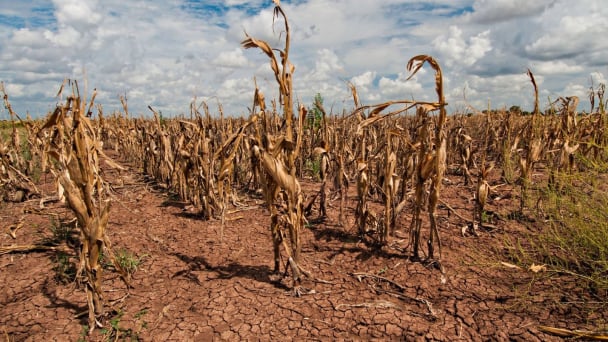
(VAN) As climate whiplash reshapes yields, experts say data-driven tools and targeted relief are critical to feed America.
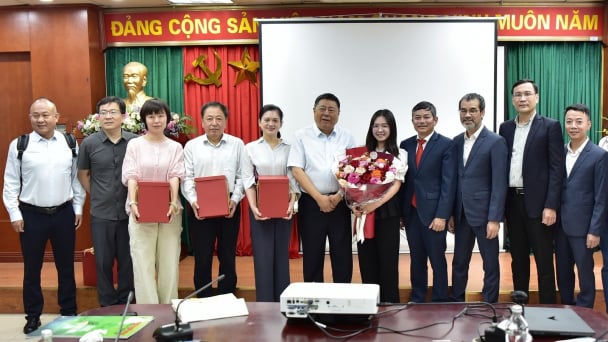
(VAN) The alignment in goals and operational direction between the Vietnam Agriculture and Nature Newspaper and Shaanxi Daily opens up promising prospects for journalism and media cooperation.
/2025/05/26/3422-3-102748_432.jpg)
(VAN) Prime Minister Pham Minh Chinh has been honored as the Distinguished ASEAN Leader at the ASEAN Leadership and Partnership Forum (ALPF) 2025 held in Malaysia, affirming Vietnam’s role and reputation.
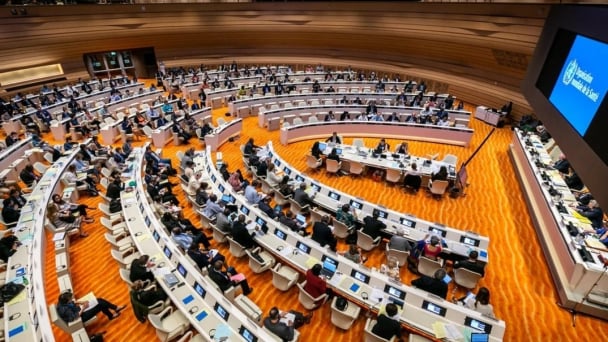
(VAN) At WHA78, with health placed at the heart of the global climate storm, Viet Nam enters a new commitment to protect communities from increasingly severe risks.

(VAN) Despite investment costs being 1.5 to 1.8 times higher than conventional methods, multi-story pig farming demonstrates outstanding effectiveness, increasing land-use efficiency by 4 to 10 times.
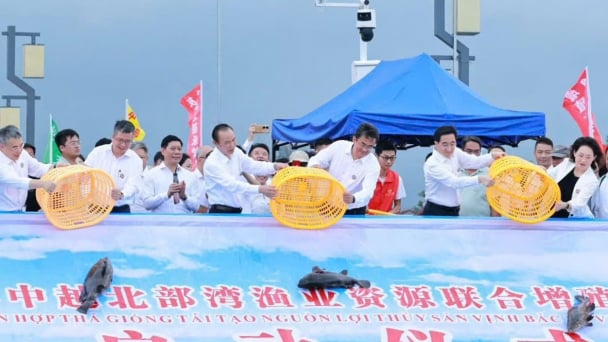
(VAN) Deputy Minister of Agriculture and Environment Phung Duc Tien leads a working delegation to participate in several key activities in China aimed at promoting agricultural and fisheries cooperation.